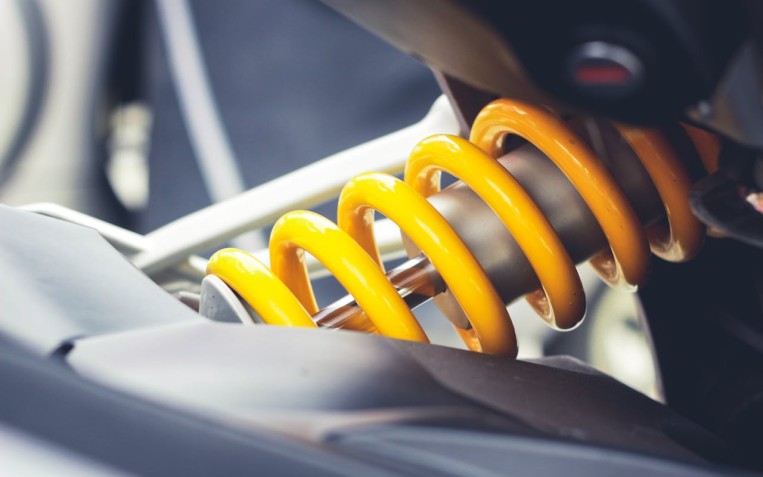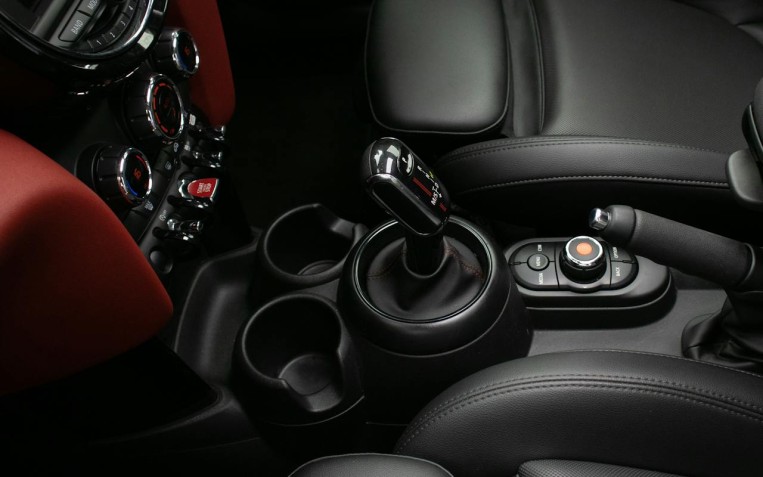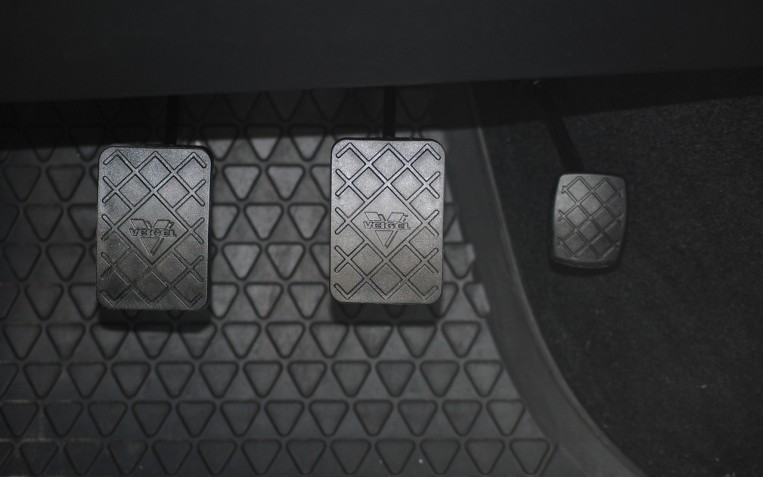Make Sure Winter Left No Lasting Damage to your Vehicle

Due to cold weather, salted roads and wet conditions, winter can leave lasting damage to your vehicle. Make sure you check your car for any early signs of damage this spring, and ensure that you get any warning signs checked out to prevent small damage from becoming major repairs.
Check for Corrosion
Corrosion, or rusting, can affect the bodywork of your vehicle and it is often aggravated by the thawing salts and grits which are put on the road during winter to help to melt ice and snow. If corrosion is left, it can lead to problems including damage to the engine, exhaust and exterior of your vehicle.
You should check the exhaust and visible underside of your vehicle for signs of corrosion or rust. If metal is corroded it will have a rough texture and the metal will be duller or even be tinged orange in colour.
If you notice rust or corrosion on your vehicle, we would recommend having it checked by a specialist as soon as possible. Depending on the extent of the damage, a specialist will be able to repair or replace rust damaged vehicle components.
Look at your Tyres
During winter, many motorists choose to switch to winter tyres which offer better gripping capabilities and traction in cold temperatures and on ice or snow covered roads. When temperatures increase to a consistent average of 7°C, which is usually around March/April in the UK, winter tyres no longer provide the best performance. At this point you should switch back to your summer or all season tyres if they are still in good condition, or consider purchasing new tyres to replace your winter tyres.
It is vital that you check your tyres every 3 weeks to ensure that they will keep your vehicle legal and safe on the road. When checking your tyres you should look out for the following:
Tyre Tread
You must ensure that your tyre tread is above the legal minimum of 1.6mm. You can check your tyre tread easily using a tyre gauge or a 20 pence coin – learn how to do this here. As tyre tread works to increase your resistance against aquaplaning and impacts on your braking distances, PTA Garage Services would recommend replacing your tyres when tread drops below 3mm.
Tyre Pressure
To retain optimal handling properties on the road, you should ensure that your tyres are correctly inflated. Under and over inflated tyres do not retain optimal contact with the surface of the road and so offer limited gripping capabilities. They will also wear more rapidly and can be more susceptible to tyre damage. Learn how to check your tyre pressures.
Tyre Damage
Visually inspecting your tyres for signs of damage is easy and this task can be undertaken easily at home. You should look at the tyre rubber and contact a tyre specialist if you notice any punctures, tears, cuts, lumps or bulges.
Check your Battery
Low temperatures can affect your car battery’s ability to accept a charge and they will have suffered additional strain in winter due to increased demand in cold weather. You should look after your battery and take it for a free check if it is over four years old, or has started to display signs that it is starting to struggle. These can include dimmer lights, rapid clicking noises when you start your ignition or your engine failing to turn over.
Top Up Fluids
To keep your vehicle running effectively, you should check that all necessary engine fluids are topped up to a sufficient level. This includes:
Engine Oil
Engine oil works as a lubricant, ensuring that all components of your engine work effectively. You can check your engine oil easily at home, by safely opening the bonnet of your vehicle, locating and cleaning your dipstick and pressing it in to the engine oil container. If the oil level sits below the minimum line, you must fill it up by following the guidelines in your vehicle handbook.
Screen Wash
It is vital that you have a clear, unobstructed view of the road whilst driving, so you should endeavour to keep your screen wash topped up. Visually check that the screen wash solution is above the minimum line and top up if necessary. You should also check the condition and performance of your windscreen wipers.
Engine Coolant
With warm summer days on the horizon (hopefully), it is vital that your engine coolant is topped up to a sufficient level. As with the screen wash, you will be able to see where your engine coolant sits in its container visually. If it is below the minimum level, you should fill it up using the instructions in your vehicle handbook.
Pre-Journey Check
If you are worried about the damage winter weather may have caused to your vehicle, you can book a pre-journey check at PTA Garage Services. This works as a seasonal inspection of necessary vehicle components and includes:
- An inspection of engine fluids including engine oil, anti-freeze level and coolant strength
- Screen wash top-up
- A check of brake fluid level and moisture content
- Battery health check
- Visual check of brake pads
- Inspection of tyres including pressures and tread
- Checks to exterior car lights
Add a Pre-Journey Check to your basket when you make any online purchase at PTA Garage Services.
For further information on vehicle maintenance contact your local PTA Garage Services branch where our trained specialists will be able to offer further advice and guidance.
Related Content

Should I have soft or stiff suspension springs for my vehicle?
Suspension springs are essential for maintaining your vehicle’s stability and ride height. Over time, the springs will succumb to wear and tear, which affects how your car handles, brakes and accelerates on the road. Discover whether you should...

What is engine braking?
Engine braking involves taking your foot off the accelerator pedal, allowing your car to slow down. Over time, the parts on your vehicle’s braki...

A guide to the different types of car clutches
The clutch is responsible for channelling the power from the engine, through to the gearbox, and the wheels. Your vehicle's clutch will differ dependi...

